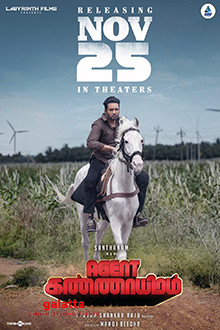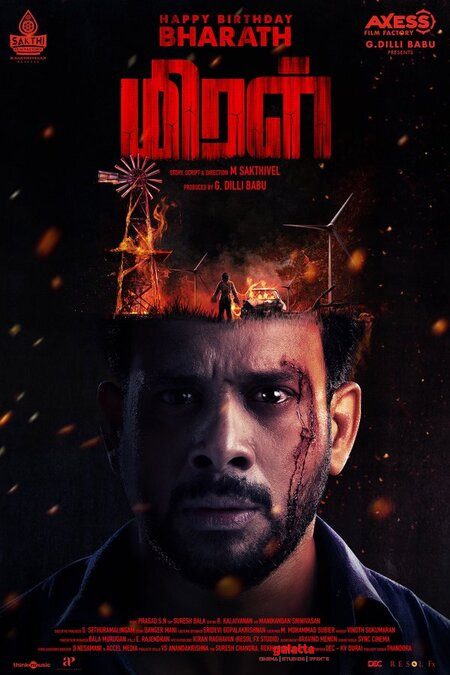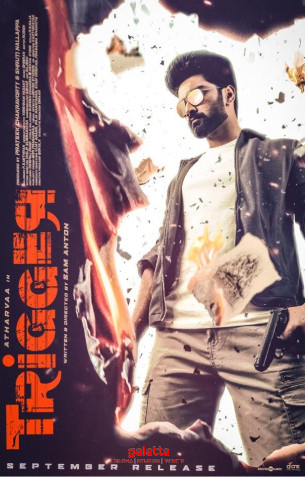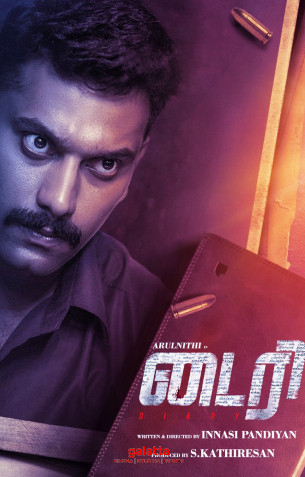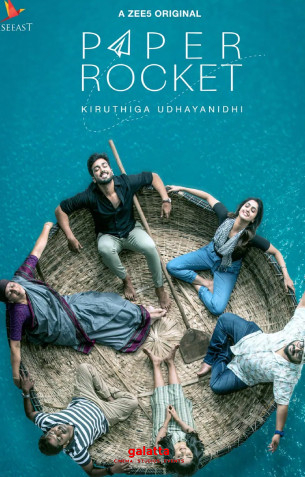Article 21 Movie Cast & Crew
Towards the end of Lenin Balakrishnan's Article 21, Joju George makes a speech. He plays a writer and social worker who's asked to speak at a school function, and he says something that moved me terribly. He is happy that two underprivileged boys have been admitted under the Right to Education Act. But he is also sad because it’s just these two boys - there are many more such children who have been denied education because of their circumstances. (Earlier, we have seen the boys being described as "slum children", and they are stereotyped by a principal as violent and potential troublemakers.) The Joju character says that even as privileged schools are getting ACs and smart-classes, public schools are being shut down. Education has become something that separates children rather than uniting them. In some ways, it's become an extension of the British policy of "divide and rule".
He leaves the other students with this thought: "Don't give any special treatment to these two boys, just because they are from the streets. Instead, integrate with them, enlighten them, and live in harmony." Had the rest of the film had the power of these words, it would have really been something: a message movie with a big, beating, all-inclusive heart. Instead, what we get is a very simplistic story where a good-hearted auto driver (Aju Varghese) stumbles on these boys, who live in a broken-down bus and collect scrap with their mother, Thamarai. The auto driver then makes it his mission to enrol these boys in a school, accompanied by Gopi Sundar's incessantly sugary music that distances us from what should have been a hard-hitting narrative. The mother and sons are Tamilian migrants, but their dialogue delivery, the pauses, the pronunciation – it’s all a bit off. This affects the performances and distances us even more.
Lena plays the smoking-drinking Thamarai with stained teeth and a good heart. It’s an A-for-effort performance. When her boys bring back a school bag that fell out of an auto, she doesn't look at it as something that can be sold. She finds the student’s school and goes there and returns the bag. The scene is filmed in a wide shot, so we see Thamarai being surrounded by (relatively) posh students – but then, by her standards, pretty much everything is posh. She looks like a fish out of water. Or to put it differently, the wide angle reminds us that this is a pond where only privileged fish can afford to swim in. But this exposure to this environment makes one of Thamarai's sons want to study, and then the auto driver comes in, and he asks for favours from people to make this happen, and so on and so forth.
There are small, lovely scenes that show Thamarai's affection for her sons, or tell us how the family thinks of the father, or show us a list that the younger boy carries around. These humanistic flashes are the best parts of the screenplay, which is otherwise content to paint the story in very broad, very PSA-ish strokes. There are many scenes of the boy expressing his desire to go to school, and an office filled with images of Che Guevara possibly underlines the sympathies of the filmmaker. There is a line that goes: "Every human being needs an opportunity to get ahead in life." You could change it to: "Every human being needs an angel to get ahead…" The steps to help the boys include mild challenges that are easily overcome, and the whole thing seems so easy that it's as though the auto driver just waved a magic wand and made it all happen. The idea that it takes a village to get two underprivileged boys into school could have made for a powerful underdog story. Instead, we are left with something that feels like a fairy tale.


